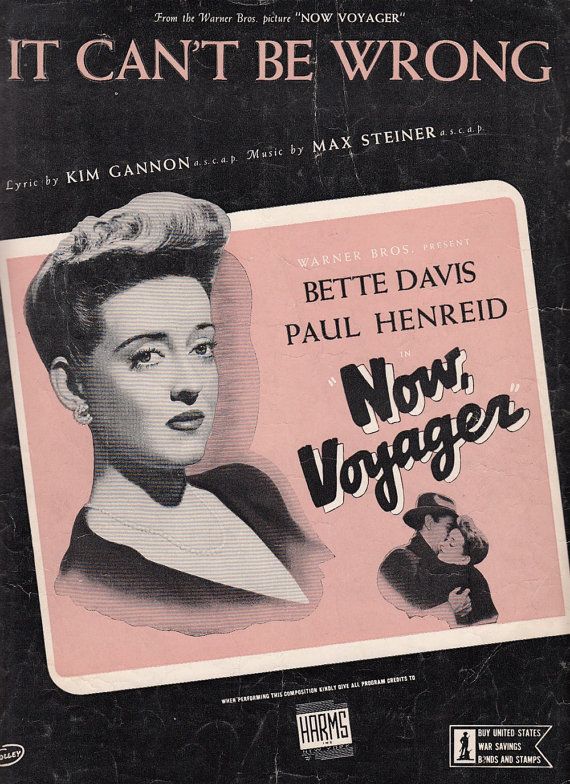Now, Self Care!
I can not believe all the changes that have happened, and still continue to happen, in the world of entertainment over the last decade. We saw the taking down of some of the most powerful and predatorial men in Hollywood, streaming services are still just in their infancy, and people finally called out the Academy Awards for being a literal bag of Wonderbread. We’ve also been seeing the rise of new topics and themes being played out and discussed in film and television. One of these themes is “self care.” We now see more and more characters taking care of themselves and putting their needs first, in a healthy, non selfish way.
Previously we rarely saw people who took time for their own needs, especially women. When a woman in classic cinema showed any signs of caring for herself, she was then portrayed as self-centered and pampered to the nines! Even though we are now starting to see that pampering yourself is a good thing, in entertainment it took a long time for this to be accepted. Very rarely did we see women “treating themselves” in a positive light in classic Hollywood. However, there are rare exceptions to this patriarchal rule. One of the very few movies that came out of the Golden Age of Hollywood that showed selfishness wasn’t always a terrible thing was Now, Voyager.
Now, Voyager, tells the story of Charlotte Vale, a rich New England spinster, who lives under the control and guilt of her domineering mother. With the guiding help of her therapist and the man she loves, Charlotte is able to break away from the life she knew, and start living her life for herself and no one else. Released in 1942 through Warner Bros., and starring the queen and “fifth Warner brother” herself, Bette Davis, Now, Voyager is all about self care and the promotion of taking care of yourself before others’ selfish needs.
The first step to self care, in this movie, is seeking psychiatric help. Today, most humans go to therapists; I myself have been in and out for therapy since my original hair color. However, back then therapy was much more controversial and far less discussed. Not only was it considered shameful, but therapy was also considered selfish. Now, Voyager, however, shows the opposite. Therapy is a wonderful gift given to Charlotte and teaches her how to cope with the constant feelings of doubt she has. Eventually she has a makeover, which, yes I know a makeover scene in a movie where a woman is transformed cosmetically is not the most original, but in this movie it is actually different from what we typically see. Charlotte begins the film looking how her mother wants her to look, from her bushy eyebrows to even how much she weighs. Charlotte does, at the beginning of her self care journey, have help from supportive in laws on how to dress, but eventually we see Charlotte put together her own look, and finding her signature trademark, which everyone should have when serving looks. She is in control of how she presents herself, and that is awe inspiring.
Through this journey, Charlotte evolves. She goes from being scared of her mother who she herself really was, to standing up to her mother and to herself without losing her humanity. Even though Charlotte learns to put herself first she still considers others and their feelings, and even takes care of her bitty of a mother till her last critical opinion. This movie gives a positive voice for women because, at the end of the day, this movie encourages women to start putting their mental health and needs first without feeling like they are doing anything wrong.
The 1940s, for actresses in Hollywood, was an exciting and stagnant time. Sure, the variety of roles for women were changing. For example, this is the decade of the femme fatale, a role that unless was made during the pre-code era, you rarely saw in the 1930s. However, this was also a stagnant time, because the majority of people didn’t want to see women as anything but a homemaker and mother. World War Two was taking women out of the homes and into the workplace, changing the normal family structure. People wanted to see what they knew gender roles to be, which is why there are a lot more “selfless” type roles given to women during this time. So, seeing a movie like Now, Voyager, especially in an age before being one’s own soulmate was encouraged, is something quite extraordinary.
This movie gets 5/5 red lips.



